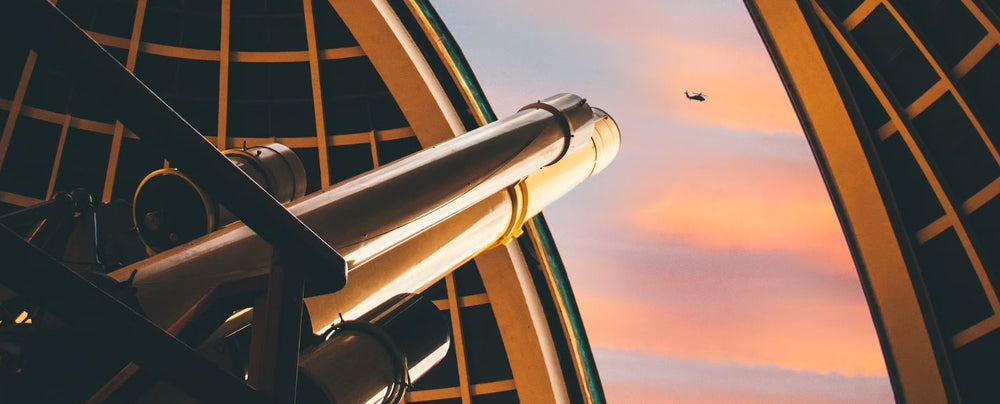Telescopes have been used for centuries to explore the mysteries of the cosmos. From Galileo to Hubble, astronomers have used telescopes to make groundbreaking discoveries and gain a better understanding of our universe. But how exactly does a telescope work? In this article, we'll take an in-depth look at the inner workings of a telescope and explore the science behind this amazing device.
Introduction
- Brief history of telescopes
- The importance of telescopes in astronomy
- Overview of how telescopes work
The Basics of Light
- What is light?
- The electromagnetic spectrum
- Properties of light
- Reflection, refraction, and diffraction
The Two Types of Telescopes
- Refracting telescopes
- How refracting telescopes work
- Advantages and disadvantages
- Reflecting telescopes
- How reflecting telescopes work
- Advantages and disadvantages
Telescope Components
- Objective lens/mirror
- Eyepiece
- Focuser
- Mount
- Finder scope
Telescope Magnification and Focal Length
- Magnification
- Focal length
- How magnification and focal length are related
- Calculating magnification and focal length
Telescope Aperture and Light Gathering
- What is aperture?
- The importance of aperture in telescopes
- Light gathering power
- The relationship between aperture and light gathering power
Types of Astrophotography Telescopes
- Refracting telescopes
- Reflecting telescopes
- Catadioptric telescopes
- Dedicated astrophotography telescopes
Tips for Using a Telescope
- Telescope maintenance and care
- Finding and tracking celestial objects
- Viewing and astrophotography techniques

Conclusion
- Recap of how a telescope works
- The importance of telescopes in astronomy and astrophotography
- Encouragement to explore the universe with a telescope
As you can see, understanding how a telescope works involves a combination of knowledge of light, optics, and physics. By exploring the science behind this amazing device, we can gain a better appreciation for the discoveries that have been made and the ones yet to come. Whether you're a professional astronomer or just starting out with stargazing, understanding the inner workings of a telescope is an essential part of exploring the universe.
More Telescope Topics:
- Who Invented The Telescope?
- Why are Telescopes Important?
- When was The Telescope Invented?
- Why are Refractor Telescopes Popular?
- Best Deep Sky Objects by Month
- Best Telescope for Viewing Planets and Galaxies
- Best Telescope to See Planets and Galaxies
- Best Telescope Eyepiece for Viewing Planets
- Reflector Vs Refractor Telescope
- William Optics Redcat 51
- Takahashi Telescopes
- Brightest Objects in the Night Sky
- What Does a Focal Reducer Do on a Telescope
- Ax Telescope Mount
- Types of Telescopes
- Telescope Mounts Explained
- What is a Catadioptric Telescope
- Telescope Aperture
- Are There Telescopes for Smartphone Camera
- How Much Does a Telescope Cost
- Best Telescopes Under $1000
- What Makes a Good Telescope
- What Does a Focal Reducer Do
- Stellarium
- Bahtinov Mask
- Qhyccd Polemaster Review
More Space Telescopes:
- Hubble Telescope
- Edwin Hubble
- Hubble Deep Field
- James Webb Telescope - The Future of Space Exploration
- James Webb Telescope vs Hubble
- Hubble Palette

